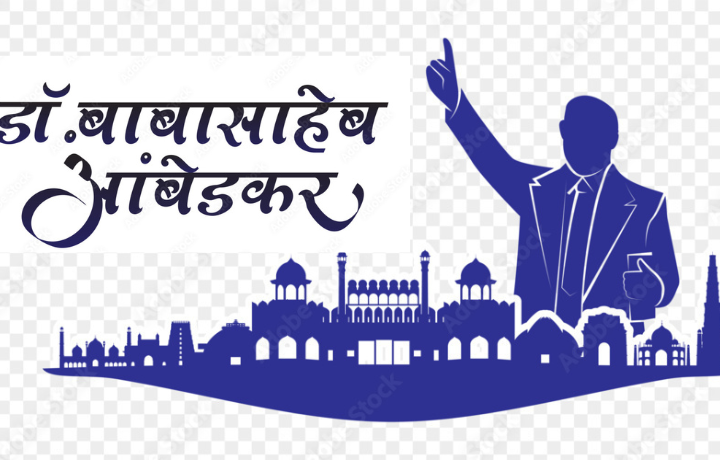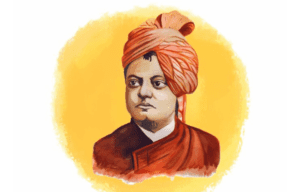
Born on April 14, 1891, in Mhow, Madhya Pradesh, was a crucial figure in India’s freedom movement and the principal mastermind of its Constitution. Despite facing demarcation from childhood, he relentlessly fought for equivalency and justice throughout his life. Bhim Rao prioritized education, earning his doctorate from the University of London before earmarking himself to social reform upon his return to India.
Biography of Bhimrao Ambedkar
Bhimrao Ramji , born on April 14, 1891, in Mhow, Madhya Pradesh, hailed from a Dalit Mahar family. He passed away on December 6, 1956, in New Delhi. His father, Ramji Maloji Sakpal, served as a Subedar in the Indian Army. He was wedded doubly, first to A Ramabai and latterly to A Savita.
Bhimrao Ambedkar's Education
Despite being the only untouchable pupil at Mumbai’s Elphinstone High School, Bhimrao Ambedkar passed his matriculation test in 1907. He latterly studied Economics and Political Science at Bombay University, graduating in 1912. With an education from the sovereign of Baroda, he pursued further studies in America, Britain, and Germany. Facing demarcation in the Baroda Civil Service, He shifted to legal practice and tutoring, getting a prominent Dalit leader and innovated magazines and successfully campaigned for special representation for Dalits in government councils.
Protest Against Untouchability
Bhimrao devoted his life to fighting for Dalits, campaigning against social demarcation, and inspiring the Dalit Buddhist movement. Despite facing untouchability from a young age, indeed in Academy where he’d to bring his own mat to sit on, he persisted. As a professor and latterly as a counsel, he encountered demarcation, with indeed his associates refusing to partake water with him. Undeterred, he innovated the Bahishkrit Hitkarini Sabha to hoist the tyrannized classes through education and socio- profitable progress. His legal palms, similar as defendingnon-Brahmin leaders against estate- grounded allegations, were vital moments in the movement against untouchability. Ambedkar lifelessly worked to promote education and upliftment for the rejects, leaving a continuing impact on Indian society.
Bhimrao Ambedkar and Pune Pact

Political Journey of Bhimrao Ambedkar
Babasaheb's Advertisement of Religious Conversion
Bhimrao Ambedkar Adopted Buddhism
Babasaheb And Constitution Making
Opposed Article 370
Babasaheb in Favor of Uniform Civil Law

Babasaheb in Favor of Uniform Civil Law
Bhimrao Ambedkar has been suffering from diabetes since 1948. In the year 1954, he remained very ill from June to October and started having trouble seeing. Babasaheb died on 6 December 1956 at his home in Delhi. At the time of his death, he died in his home. Also, his age was 64 years and seven months.
